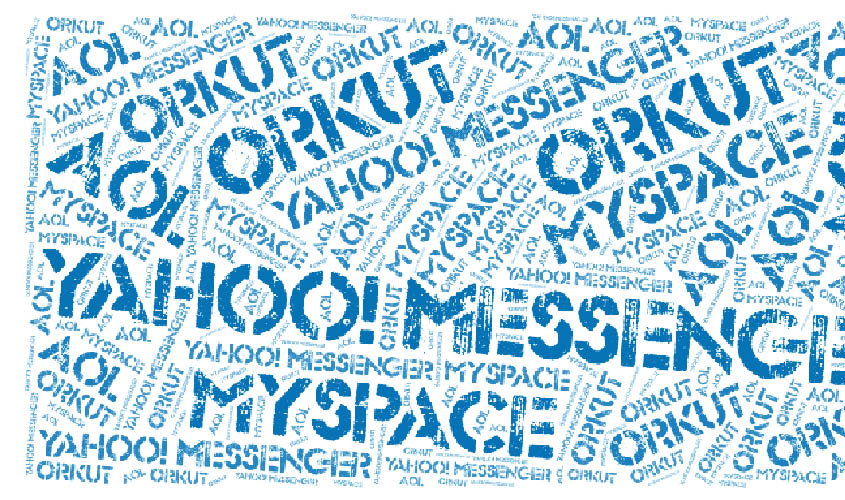New technology is always on the fast track to obsolescence, unless something is continually done to keep it fresh and in tune with the times. The Internet is no exception. As soon as a new website or app is introduced online, it begins to age—and age rapidly. The recent history of the Internet is replete with examples of such once-successful projects—websites, applications, companies—fallen by the wayside. No one is quite able to figure out why these projects failed. Numerous factors could have been at play: ranging from wrong business models to plain bad luck. Here is a list of four tech giants that met an abrupt and untimely demise.
Yahoo Messenger
Having failed at competing with other popular messaging and social media portals, Yahoo finally pulled the plug on its Messenger last week. After serving users for 20 years, this messaging app is now being shut down for good. And no one is surprised. Yahoo was simply trumped by its market competitors like Google, with its Gchat, and Facebook, with the hugely popular WhatsApp. Yahoo Messenger was no doubt among the most used messaging app back when it first stepped into the market, in 1998. It was the only efficient instant messaging app in those days, and it maintained its dominance on the web for many years to on the trot. But then, the gods of technology turned the scales, and Yahoo Messenger slowly went bust. According to Yahoo, they are now trying to launch a new invite-only messaging app, called Squirrel, which will be compatible with Android and iOS devices.
Orkut
Orkut, a social media website introduced in 2004, was our only medium to stay in touch with our friends back in the early Noughties. The portal failed at getting many followers in the US, but it did get a sizeable user base in countries like India and Brazil. There was a time when Orkut was the most happening place on the Internet. But Orkut’s good fortunes lasted only a decade. It was pushed out of the playing field by an aggressively ascendant Facebook. “Google killed Orkut to focus on YouTube, Blogger and Google+, where community growth ‘has outpaced Orkut’s growth’ we’ve decided to bid Orkut farewell,” wrote engineering director Paolo Golgher at Google. The Orkut web domain still exits but it displays a message about a new networking app that Google has started, called Hello. This app was announced earlier this year. Let us wait and see how long this “Hello” is going to last.
AOL
Established in 1985, AOL was once among the biggest and most popular of all American brands operating in the online domain. Customers would swear by its instant messaging and email services. The very first email addresses in history were registered on AOL. When the company merged with Time Warner in the year 2000, it was seen as a sign of future growth and prosperity. But alas, AOL couldn’t quite recover from the disruptive entry of tech firms like Microsoft and Google into the online services market. Hotmail soon became the default choice of email service for the majority of Internet users worldwide. Not long after, Gmail burst onto the scene, establishing a virtual monopoly on the world wide web that smaller players, like AOL, couldn’t survive.
MySpace
This US-based social networking site came into being in 2003, a year before Orkut. It was the perfect platform for Internet users to interact with each other by joining hobby groups, sharing blogs and exchanging messages with friends and strangers. One could even upload audio files, pictures and videos on MySpace, which made it very popular among creative types, like musicians, artists and filmmakers. But with the earth-shaking advent of Facebook, MySpace became old news. Instead of focusing on enhancing user experience and improving the portal, the developers made MySpace more aggressively advertising-oriented, which proved to be a big turnoff for users. And so began the grand exodus from MySpace to Facebook.

